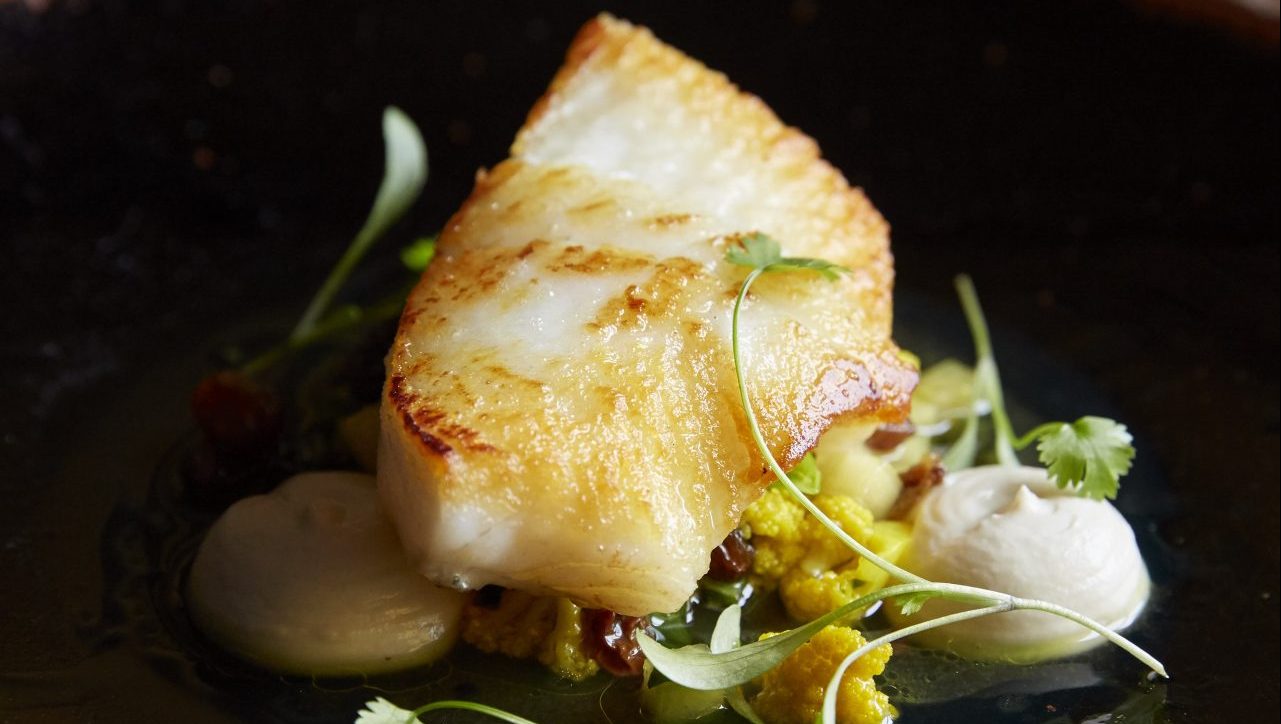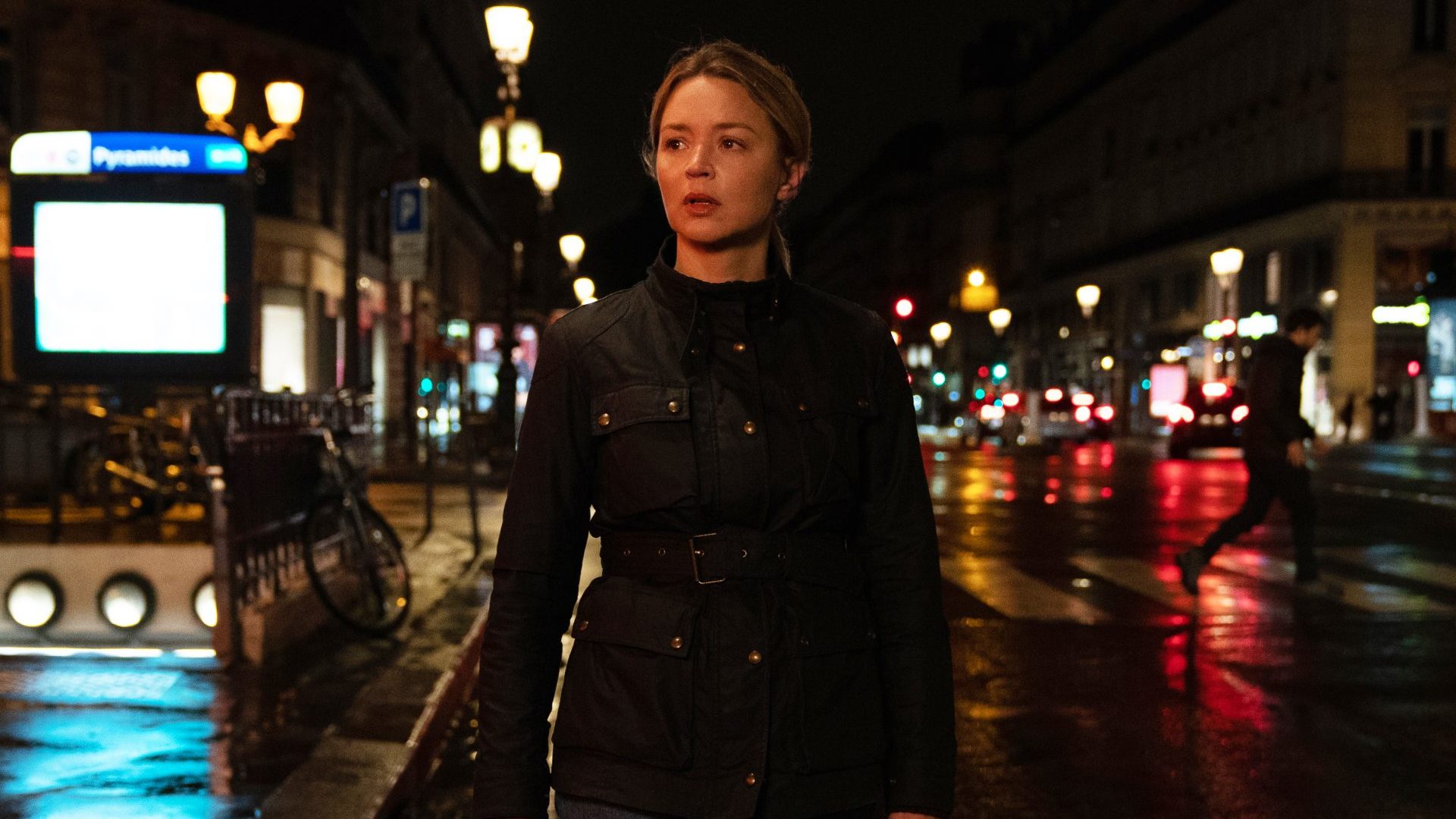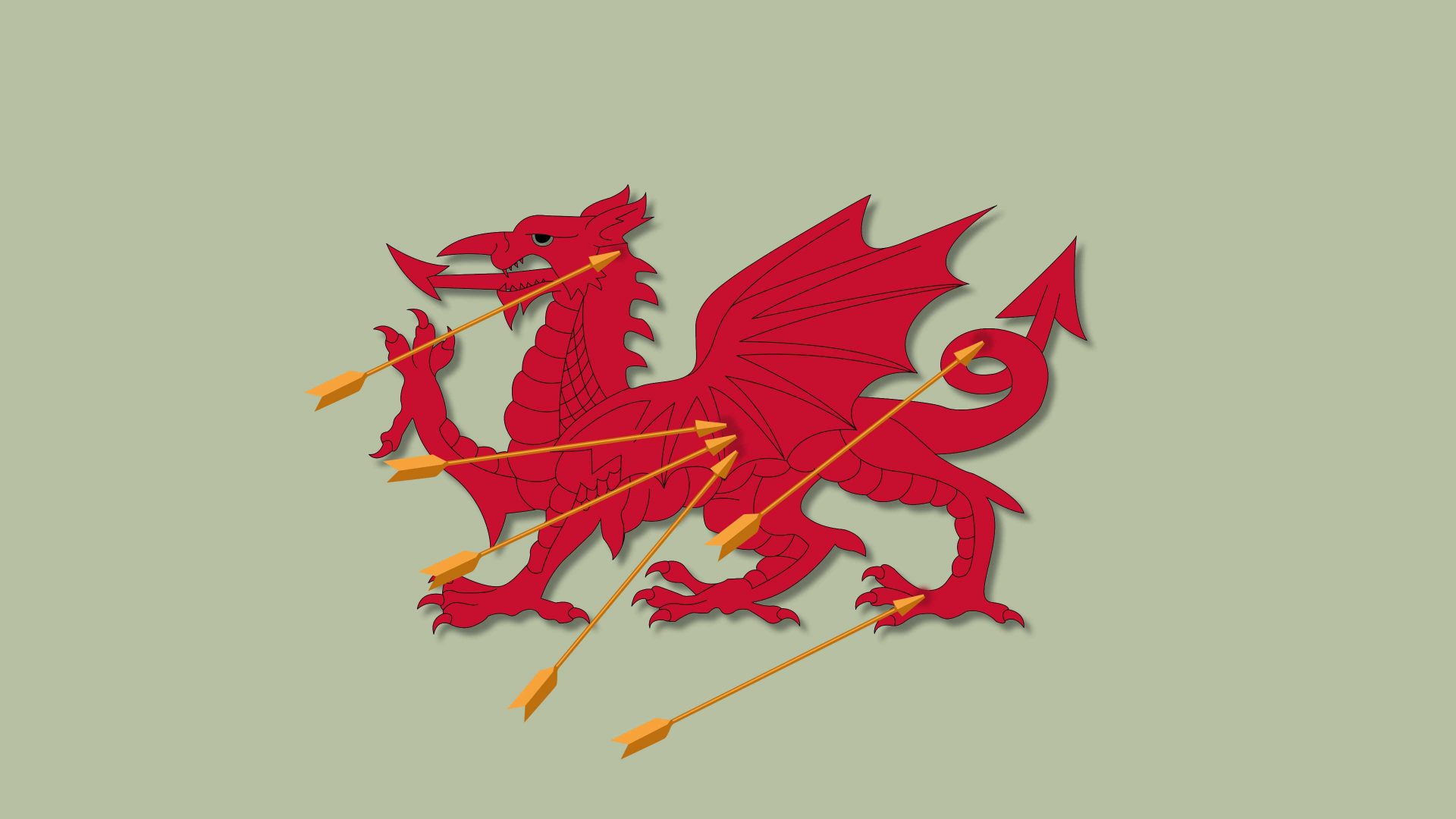Quite simply, The Gurnard’s Head is one of Britain’s finest pubs. It is one of those remote inns in the middle of nowhere. It isn’t even in a village, but set between two, Boswednack and Porthmeor, on a farmy fork in the road.
It is found on the rugged Atlantic coast in the far reaches of west Cornwall. St Ives is the most familiar place nearby, around a 15-minute drive. Also close is Sennen, which on a good day resembles the Caribbean; and St Just, home to excellent pasties and fish and chips, and also a pub that made headlines during the pandemic because its owner comically installed an electric fence at the bar to better equip the venue for social distancing.
The fence wasn’t ever turned on, apparently, but stranger things have happened in west Cornwall. David Bowie once left two vintage Bugattis down there, for example.
Also close is the Minack Theatre, carved into rock by hand by locals on the payment of the semi-aristocratic Rowena Cade, possibly the second most famous person to come from Spondon in Derbyshire. The first is Blur’s Graham Coxon.
Cade moved to west Cornwall after the first world war and soon set about putting on theatrical productions in windy fields. She later had the idea for the theatre, spectacularly built into the cliffside, with players performing above the rolling sea below.
And then there’s The Gurnard’s Head, a bright yellow fixture named fishily. To step inside the wooden bar feels like you’re going back in time, to the days of Cade, or at least Bowie, a cosy, old, rickety piratesque building. In the dining room, painted burgundy and royal blue, it is a little more refined, with high art on the walls – there is money in west Cornwall – candles and floral arrangements. But a rural ambience is maintained.
It is rural in that it is soft: a fuzzy and escapist feeling is immediately obtained. It is not at all a head-turning sort of spot. Angry farmers won’t denigrate you for turning up in Birkenstocks, don’t worry.
Not that it’s super-posh. In fact, between Monday to Saturday, the pub serves a “lunch for less” menu, where two courses cost £20, three just £25. Cheaper than most chains these days, and using produce – the very best fish included – sourced locally from Cornish boats and farms.
Come evening and two courses rise to £37, three to £45. Still a bargain. Beyond a bargain really, considering the ingredients and the cooking. I last visited in winter and ate John Dory, sipped house white wine and panicked when I realised I’d dropped my cigarettes – no shops anywhere to be found, obviously – only for the bar staff to happily supply me with a couple.
If you visit, which I strongly advise, you might instead enjoy hake – which used to be caught by a man called Alan, but he’s sold his business now and so I don’t know who catches the hake any more – with seafood sauce, whole plaice with capers and shallots, a rump of beef, or an aubergine schnitzel. The wine list is short and bottles start at £25.
And so The Gurnard’s Head is worth traipsing all the way to west Cornwall for. It is everything a pub should be: affordable, atmospheric, maybe hard to find but welcoming when it is.
I love it, go often, and will be going back soon.
Below is a recipe for turbot from head chef Max Wilson. Use any white fish you fancy, though.
Max Wilson’s turbot and curried cauliflower
Serves 4 as a starter or light main
For the fish:
4 x 80g pieces turbot
A little butter
Coriander cress to garnish
For the curry oil:
200ml rapeseed oil
1 teaspoon curry powder
¼ tbsp turmeric
For the cauliflower puree:
1 head cauliflower, chopped small (1×1 inch pieces)
50g unsalted butter
400ml double cream
200ml fish sauce
For the pickled cauliflower:
1 head cauliflower cut into small florets
100ml white wine
100ml white wine vinegar
100g sugar
100ml water
100g sultanas
Gently warm the ingredients for the curry oil. Leave to infuse for 2-3 hours.
For the pickled cauliflower, bring the wet ingredients to the boil and take off the heat. Pour half over the cauliflower florets. Add half a teaspoon of turmeric and pour the remaining liquid over the sultanas.
For the cauliflower puree, sweat the cauliflower and add the butter without colouring. Add the cream and stock and bring to the boil. Simmer for 5 minutes. Strain and blend, add liquor to achieve desired consistency. Adjust seasoning.
Pan-fry the turbot to your liking and finish with butter. Drizzle with a little curry oil.
To plate, drain the cauliflower and raisins and warm through with curry oil.
Spin the cauliflower puree on to the plate. Spin the cauliflower and raisins onto the plate.
Add the turbot on top and garnish it with coriander cress.




